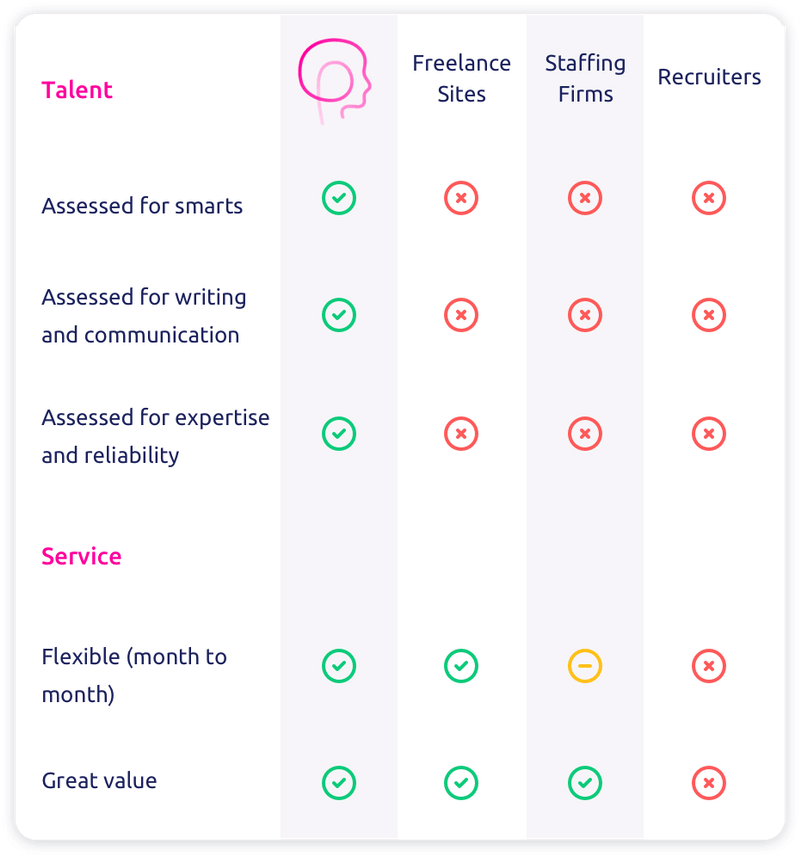What is Job Security?
Job security refers to the level of confidence an employee has in their current job, including the likelihood of keeping their job for the foreseeable future. It can be influenced by a variety of factors, such as the state of the economy, the industry the employee works in, and the stability of the company they work for.
Employees who feel secure in their jobs are more likely to have higher levels of job satisfaction and be more productive, as they are not worried about the possibility of losing their job. On the other hand, employees who feel insecure in their jobs may be less engaged and more likely to look for other employment opportunities.
Factors that can contribute to job security include a strong job market, a stable company with a good reputation, and a high demand for the employee’s skills and expertise. On the other hand, factors that can contribute to job insecurity include a weak job market, a company that is struggling financially, and a lack of demand for the employee’s skills and expertise.
Why is job security important?
Job security is important because it provides employees with a sense of stability and peace of mind. Knowing that they have a steady income and a stable job can help employees feel more secure in their personal and professional lives. This can lead to increased job satisfaction, better mental health, and a more productive workforce.
What factors can impact job security?
There are many factors that can impact job security, including economic conditions, company performance, industry trends, and changes in technology. Additionally, individual factors such as job performance, attendance, and behavior can also impact job security.
Dos and Donts for Job Security
Dos
- Stay up-to-date with industry trends and developments to remain relevant in your field.
- Develop a strong work ethic and consistently produce high-quality work to demonstrate your value to your employer.
- Network with colleagues and industry professionals to build relationships and expand your professional network.
- Be proactive in seeking out opportunities for professional development and additional training.
- Communicate effectively with your employer and colleagues to ensure clear expectations and avoid misunderstandings.
Donts
- Don’t become complacent in your job and neglect to continue learning and growing in your role.
- Don’t engage in office politics or gossip, as this can harm your professional reputation and relationships with colleagues.
- Don’t neglect your health and well-being, as burnout and illness can negatively impact job performance and security.
- Don’t rely solely on your current job for income and financial security; consider developing additional streams of income or savings to provide a safety net.
- Don’t neglect to document your accomplishments and contributions to your employer, as this can be valuable in demonstrating your value and securing promotions or raises.

